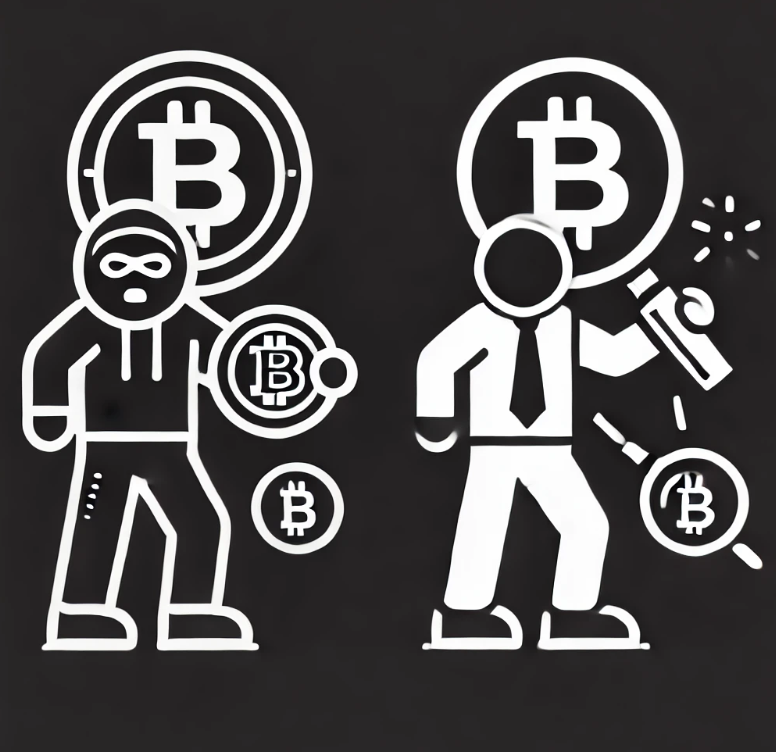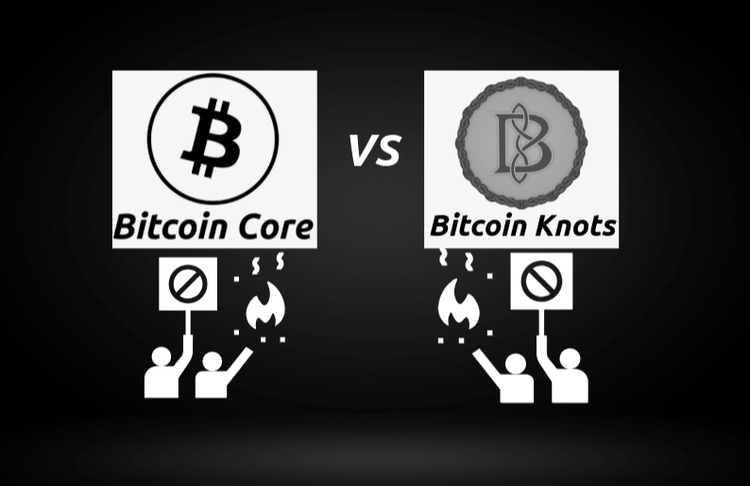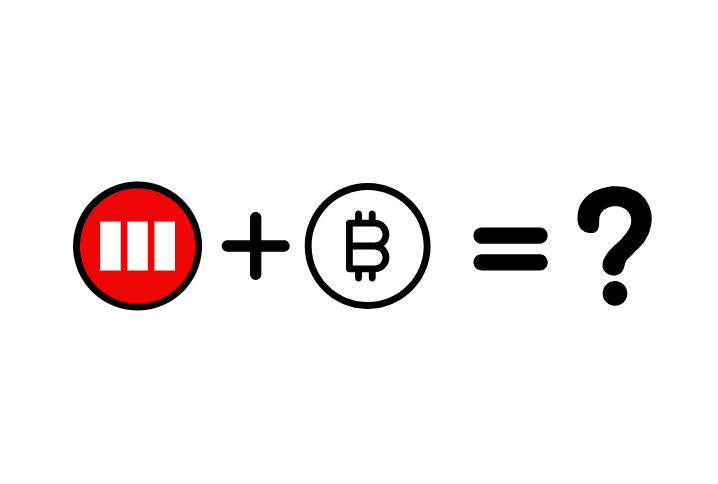Is Bitcoin For Criminals?

Bitcoin often gets a bad rap, with some people labeling it as the "currency of criminals." But is this reputation fair?
Bitcoin is a digital currency that operates on a decentralized network, allowing for peer-to-peer transactions without a middleman, like a bank. Unlike cash, which is closed-source and private, Bitcoin is an open-source technology. This means that anyone can see its code and understand how it works.
Why Do People Think Bitcoin is for Criminals?
Some people believe that Bitcoin is primarily used by criminals because transactions can be done without directly revealing personal identities. This idea is based on a few misconceptions:
1. Pseudonymity vs. Anonymity: Bitcoin is pseudonymous, not anonymous. While Bitcoin addresses are not directly tied to personal identities, every transaction is recorded on a public ledger called the blockchain. This ledger is visible and verifiable by anyone. Therefore, while you might not see a name next to a Bitcoin address, the transactions are not hidden. In fact, with the right tools and expertise, it is possible to trace Bitcoin transactions back to individuals or organizations.
2. Misleading Comparisons to Cash: Cash transactions are anonymous and leave no trace. In fact, the U.S. dollar (USD) facilitates far more criminal activity than Bitcoin ever will. Large-scale money laundering operations involving traditional currencies are much harder to trace. Major banks have been implicated in these activities, sometimes involving billions of dollars. Yet, these institutions continue to operate with little impact on their overall reputation.
What Does the Data Say?
According to studies by Chainalysis, a blockchain analysis firm, illicit activity accounted for less than 1% of all Bitcoin transactions in recent years. This is a small fraction, especially when compared to the vast amount of criminal activity facilitated by traditional currencies. The transparency of Bitcoin transactions actually makes it easier for law enforcement agencies to track illicit activities compared to cash or other traditional means.
Why is This Important?
Understanding whether Bitcoin is primarily used for criminal activity is important for several reasons:
1. Public Perception: Misinformation about Bitcoin being a tool for criminals can affect its adoption and development. If people believe Bitcoin is only for illegal activities, they might be hesitant to use it or invest in it.
2. Policy and Regulation: Policymakers and regulators often use the argument of criminal use to push for restrictive measures on Bitcoin. Knowing the truth about Bitcoin’s use can help shape fairer regulations that don’t stifle innovation.
3. Financial Freedom: Bitcoin represents a new way of thinking about money—one that allows for greater privacy and control over one’s financial assets. Privacy is not a crime, and using Bitcoin doesn’t mean you’re doing anything illegal. It’s about financial freedom and having control over your money without needing permission from a central authority.
1. Educate Yourself: Learn more about Bitcoin, how it works, and its actual use cases. Understanding the technology behind Bitcoin will help you see beyond the myths and misinformation.
2. Use Bitcoin Responsibly: If you choose to use Bitcoin, make sure you understand the basics of privacy and security. Proper UTXO (Unspent Transaction Output) management can help minimize the relationship between your real-life identity and your Bitcoin holdings.
3. Advocate for Fair Regulations: Use your knowledge to advocate for fair and informed regulations that recognize the legitimate uses of Bitcoin and other cryptocurrencies while addressing the concerns around illegal activities.
The idea that Bitcoin is primarily for criminals is false. In reality, Bitcoin's transparency makes it easier to track illicit activities than cash or other traditional currencies. The percentage of Bitcoin transactions associated with criminal activities is minuscule compared to the overall volume. Understanding this is key to appreciating Bitcoin’s potential as a tool for financial freedom and privacy, not just for criminals.




